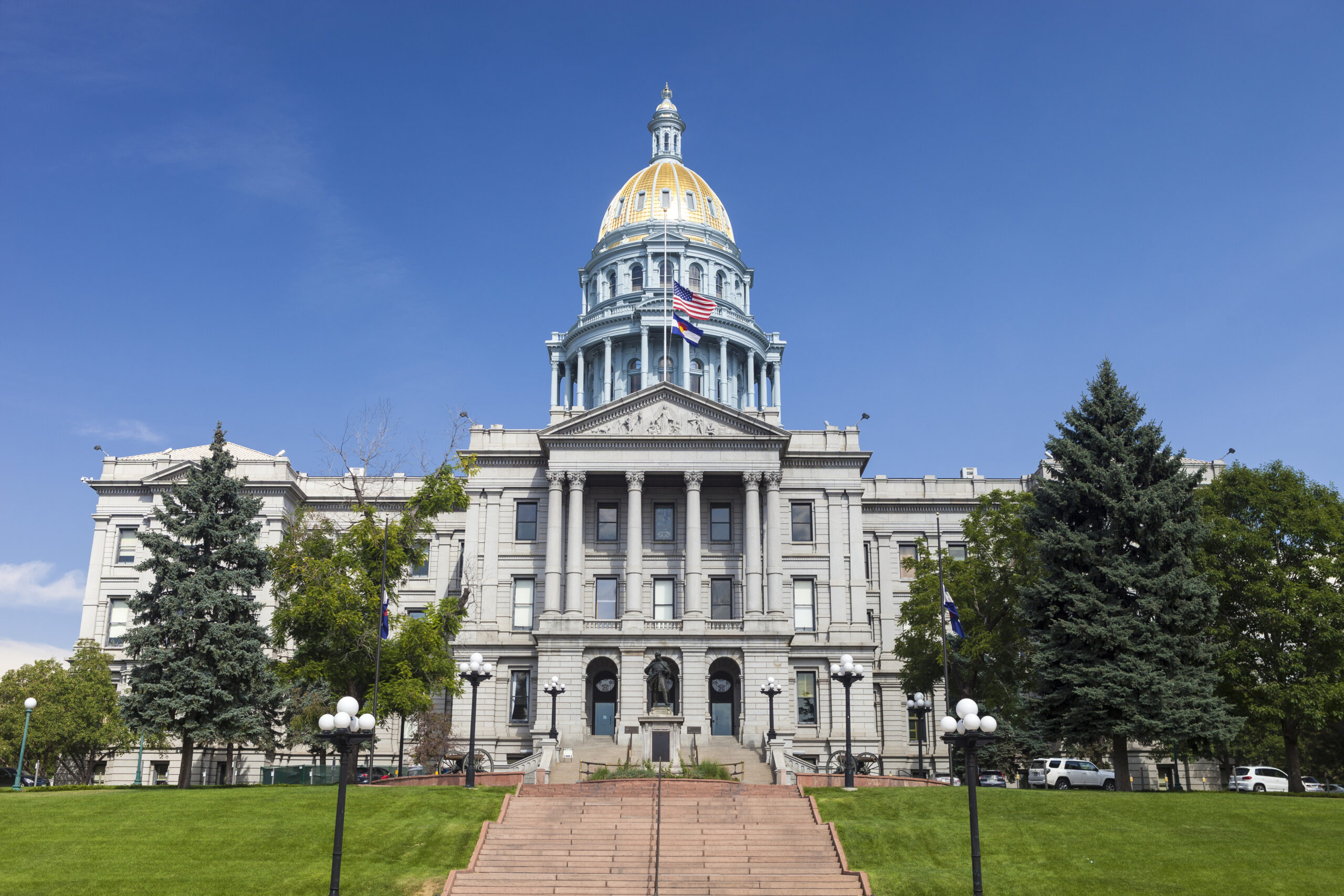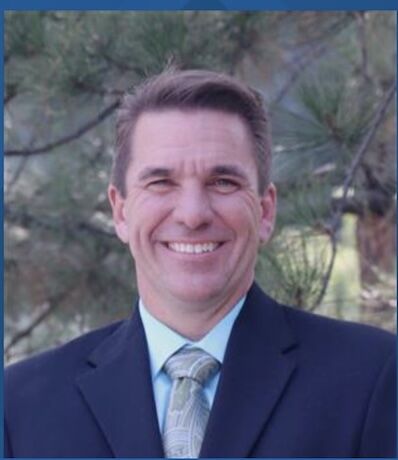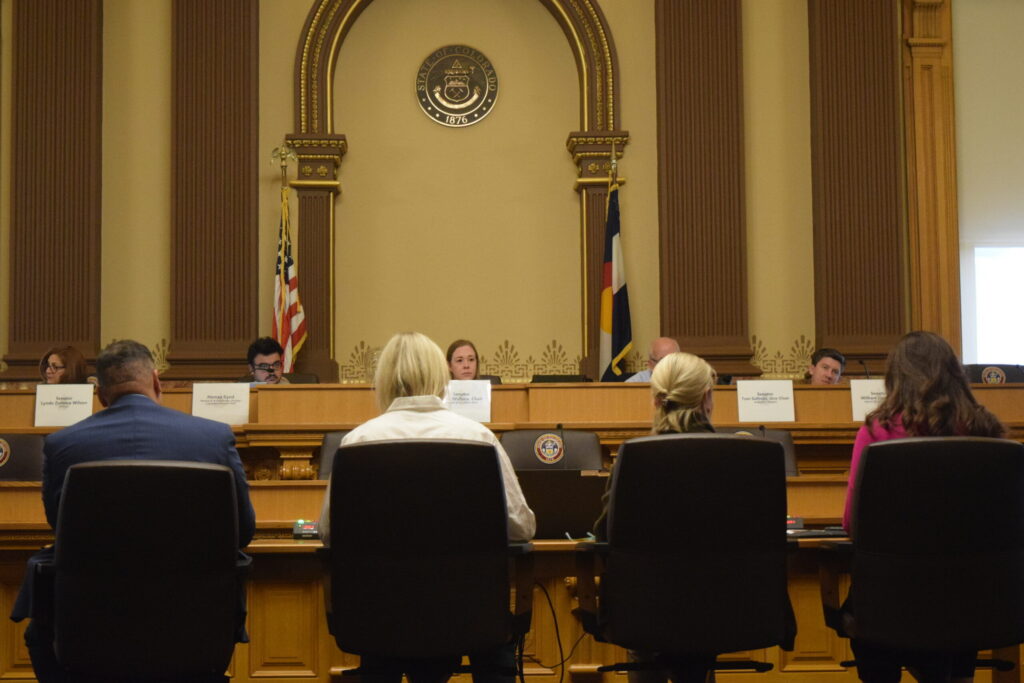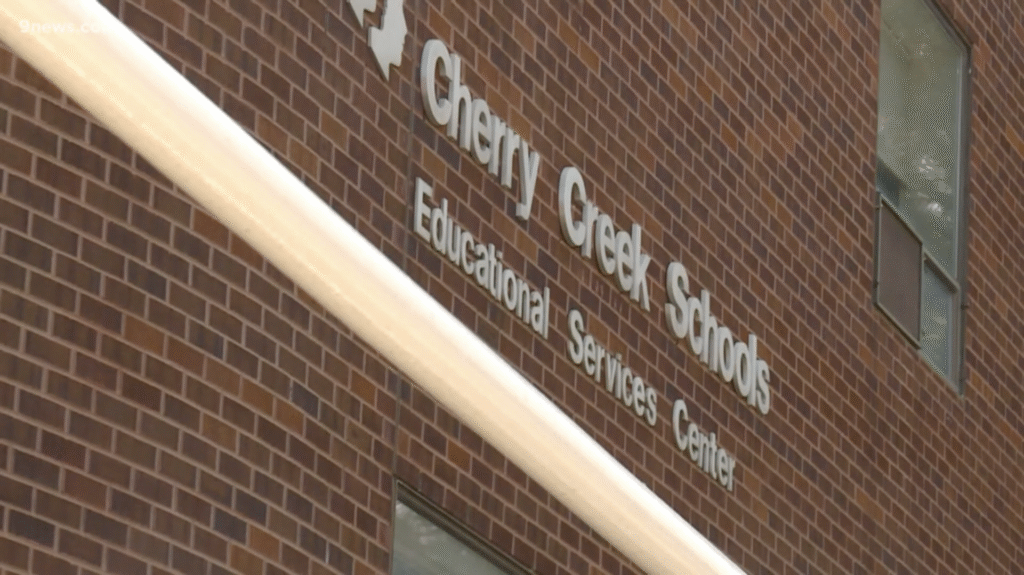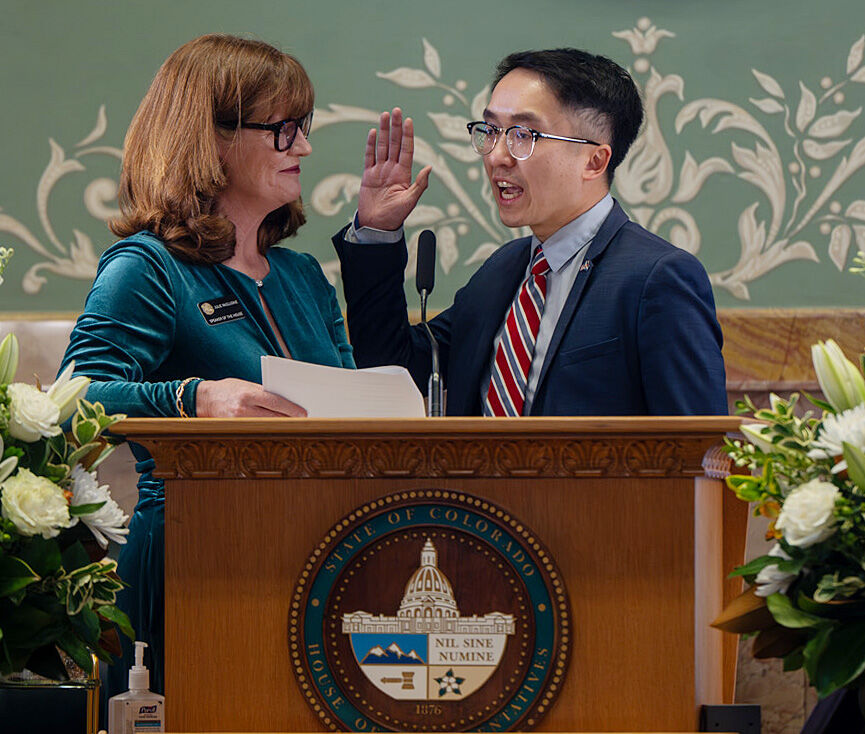Name change for felons, preferred names for students spark fierce debate in Colorado
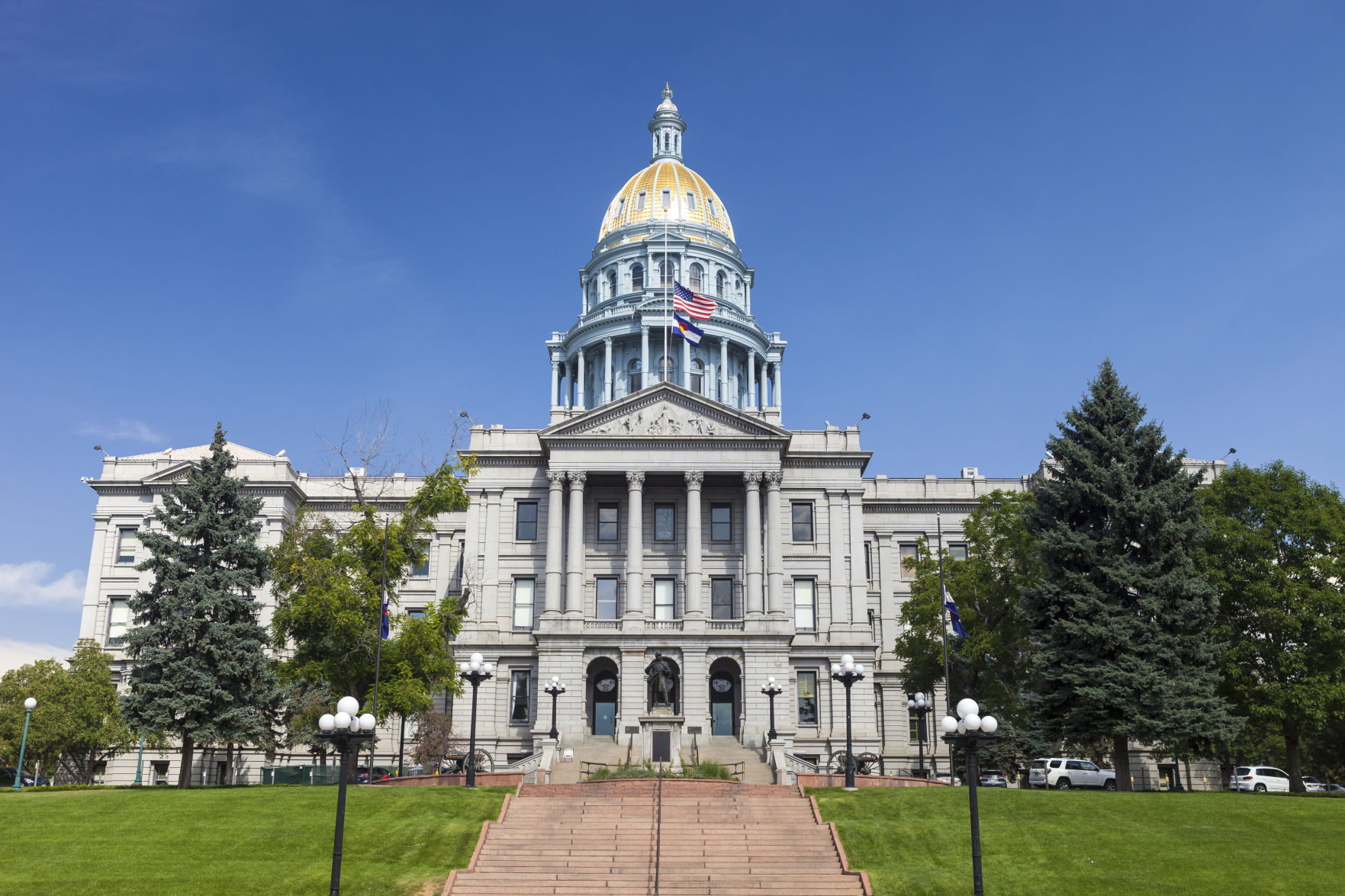
Republicans and Democrats clashed over two proposals dealing with names and gender identity in a prolonged debated on Friday that also prompted an intense discussion into a host of social issues, notably the rights of parents and the wishes of transgender students.
The first bill, House Bill 1071, would include gender identity as a “good cause” reason that the courts could consider when individuals convicted of a felony request to legally change their names.
The second measure, House Bill 24-1039, would require public and charter schools beginning in July next year to use a student’s preferred name, regardless of whether it is the legal name, for school documents, such as rosters, yearbooks and identification cards.
‘Good cause’ reason for a name change
Republican lawmakers who spoke against the name change bill contended that it introduces a loophole that would allow convicted felons to avoid being associated with their crimes. Democrats countered that convicted felons’ records, even when they legally change names, follow them, and a name change won’t hide that.
“It would be naïve at best to think that the criminal element would not use this to just keep making the trail more difficult,” said Rep. Scott Bottoms, R- Colorado Springs. “Pretty soon you’ve hidden behind all kinds of different changes so now you can continue to perpetrate the same crimes that got you felony status in the first place.”
The Colorado General Assembly is putting forth legislation that focuses on helping criminals, rather than their victims, Republicans also said.
“We’ve got to do something in this House that protects people,” Bottoms said. “Everything we’re doing puts people at harm. It’s putting children and women at harm and we’re doing it day after day after day. When do we do something that actually protects people rather than protects the criminals?”
“When did we become a state that treats criminals better than victims?” added Rep. Brandi Bradley, R-Larkspur. “We are one of the worst states in crime and safety and we keep adding laws to protect criminals and not victims. We’re making an exception for one class of people. We’re elevating transgender felons above anyone else and we’re keeping their victims in the dark of the felonies that they have committed against them.”
Meanwhile, Rep. Matt Soper, R-Delta, worried that explicitly including “gender identity” overlooks other potential reasons someone might want to seek a name change, such as for religious reasons or because someone is a victim of a crime.
“The law was written in such a way that good cause was a catch-all phrase to be considered by the courts, by the judge,” he said.
Rep. Lorena Garcia, D-Westminster, countered that any previous name an individual legally went by is included in the person’s criminal record – meaning a name change would not allow that person to “hide” past charges. She said she heard of individuals who expressed apprehension about seeking a name change from a judge due to fear of discrimination as a result of their gender identity.
As an example, Garcia mentioned that some of the survivors of the Club Q nightclub shooting in Colorado Springs have been unable to receive benefits for victims because they would have to use names they no longer go by.
The bill simply clarifies that gender identity is considered “good cause,” she said.
“We can legislate dignity,” she said. “We are making sure a right that exists is actually accessible.”
Garcia also said that, under the statutes, convicted felons must inform the district attorney that they are changing their name, and the district attorney will then alert victims.
Rep. Mike Weissman, D- Aurora, added that a name change won’t be granted to a convicted felon if a judge has reason to believe the request is meant to facilitate the commission of fraud or to continue criminal activity, a provision that, he said, has been in statute for quite some time.
Democrats advanced the bill; its next stop is the full vote of the House.
Preferred names
Following the discussion on HB 1071, the House debated HB 1039, which would require public schools to use a student’s preferred name and deem a school’s refusal to do so a form of “discrimination.”
The bill does not specify the penalty for schools that refuse to comply with its provisions.
Rep. Brianna Titone, D- Golden, said the legislation was brought forth by minors who served on the Youth Advisory Council. It would allow transgender students to be called by the name they chose for themselves, regardless of whether they’ve had their name legally changed, Titone said.
Rep. Stephanie Vigil, D- Colorado Springs, the bill’s sponsor in the House, cited statistics that found 80% of parents accept their transgender child’s gender identity. She said this bill is especially important for the 20% of students who either are not out – or do not feel accepted by their families.
Rep. Anthony Hartsook, R-Parker, said the bill is a violation of parental rights and took issue with the possibility that parents may not be informed their child is going by a different name at school.
Bottoms added that keeping secrets from parents is against federal law.
“The state cannot tell me what I can do with my children, and if I find out a teacher has been keeping secrets from me about the sexuality of my child that is their student, I will do everything I can to make sure they lose their job,” added Bottoms. “That is against federal law, and you are not allowed to do that.”
Bottoms also argued that the bill infringes on school staffers’ First Amendment rights, as it would “force speech” by requiring them to use specific language when addressing a student.
“This bill is forcing teachers, to the point where they can lose their job, to deceive parents, and to say things that they believe to be wrong,” he said.
Bradley referenced a 2022 case in Kansas, where a teacher sued, on religious grounds, her school district after being suspended for refusing to call students by their preferred names and pronouns. The parties settled the case, and she received $95,000 from the district.
Democrats said students do not always feel free to express their gender identity at home.
Rep. Barbara MacLachan, D- Durango, who herself is a former teacher, shared her own experience in which students asked to be addressed by different names aligning with their gender identity. She said she always honored the requests, as she believed affirming her students’ identities could potentially save lives.
“Most of those students told me that if they went home, their parents would probably kill them if they knew they were doing this,” she said. “I believe saving a student’s life is the best thing we could possibly ever, ever do, and I would never want to be responsible for saying, ‘I will not call you by this name because you haven’t told your parents’ when they have told me very specifically that their parents might kill, hurt, ground forever, or abuse them when they got home.”
Responding directly to Bottoms’ argument, Rep. Jennifer Bacon, D-Denver, said she, too, is a Christian but that she supports the bill, arguing while the First Amendment affords everyone the freedom of speech, it also calls for the separation of church and state.
Rep. Leslie Herod, D-Denver, meanwhile, spoke of the recent death of Nex Benedict, a nonbinary teen in Oklahoma who died following a fight in a school bathroom. Herod said Benedict was “relentlessly bullied.”
“It confuses me why it’s so hard to call someone by their chosen name,” Herod said. “I don’t care if their name is an ethnic name. I don’t care if it relates to their gender expression or their nickname. It’s not hard.”
An amendment, successfully pushed by a bipartisan group of House members, removes liability for educators who accidently or unknowingly call a student by the wrong name.
Rep. Ron Weinberg, R- Loveland, a member of the Youth Advisory Council, noted that an earlier amendment significantly altered it from what the COYAC students had originally intended.
“The original bill, and the original intent of the bill, from children, that was brought to me, was scrapped,” he said. “The whole bill was struck. I was never invited to a conversation of a bill being scrapped and redone. If the argument is going to be presented in this well, with all due respect to every colleague in this chamber, then we need to have solid truths.”
The bill’s next stop is the vote of the full House.
